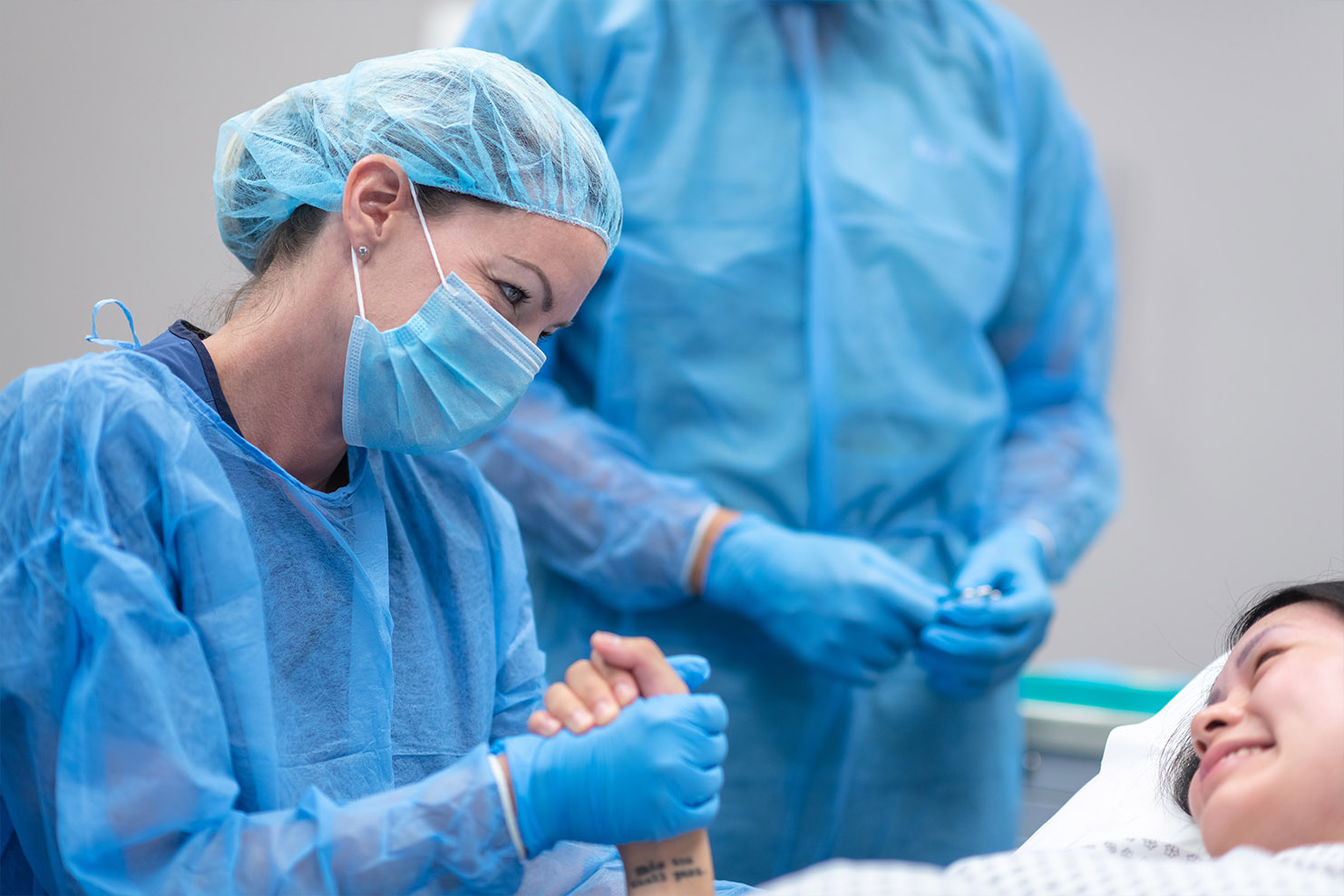


Overview
When traumatic injuries to the brain or spine occur, or when complex neurological conditions like intracranial bleeding or seizures affect people in our community, our staff of highly-trained neurosurgical specialists offer timely, crucial care.
Our multidisciplinary team includes experts in neurosurgery, stroke care, Amyotrophic Lateral Sclerosis (ALS), emergency services, oncology, diagnostic imaging and surgery so that every care option is available when you need it. Custom-equipped operating suites and our skilled support staff mean everything is on hand to achieve best outcomes.



